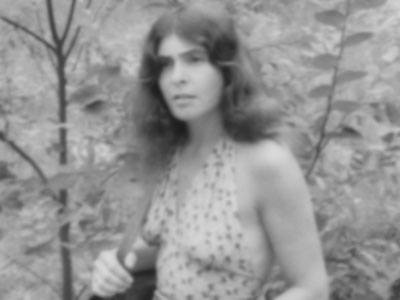
Her eyes reflected that rather puzzled look that in women is sometimes the prelude to an inclination for the man on whom it is directed.
Nicholas Jenkins in Anthony Powell’s
The Acceptance World
Albertine Appears
|
Hail the Conquering Hero
From Best That Test: Your Guide to the Comprehensive College Competency Exam
|
On the morning after my return, a Sunday morning late in the summer, I lay in bed, awake, thinking that I might be justified in lingering long in bed, lazing a bit, giving myself some time to think about what a fine and interesting person I had become, now that I was a boy who had completed an arduous expedition, and allowing myself to imagine how much finer and more interesting I was likely to become, now that I, accomplished adventurer that I was, had become a big fish in the small pond of Babbington. I told myself that I might be justified in lingering like that, but I also told myself that I wasn’t going to. I wasn’t that kind of guy, I told myself, meaning the kind of guy who lingers long in bed. In the old days, before I had become accomplished, I might have been that kind of guy, sometimes, but I wasn’t any longer. I was a different person now. I had become the kind of guy who gets up and gets things done.
So, I got up.
I made my way downstairs. I don’t want to sound like one of those people who claim to have had out-of-body experiences, but I saw myself making my way downstairs: an accomplished young man, up and on his way to getting things done.
My plan for getting things done began with the eating of breakfast. When I’d accomplished that, I intended to get myself into town and allow my friends, my neighbors, and my coevals, the youth of Babbington who had stayed at home while I was making my momentous journey, to heap adulation upon me, especially the girls.
There has long been in America a belief in the wisdom of small-town folk, the untutored people whom city slickers call rubes; as a small-town boy, I had been one of the believers; as a small-town teenager, I had become a doubter. However, when I had come rolling into town — just yesterday — astride Spirit of Babbington, the single-seat airplane that I had built in my family’s garage, the people of Babbington had greeted me as a hero. They took me to their hearts, hoisted me on their shoulders, and declared me their small-town hero, and I decided to give them the benefit of the doubt. I was willing to accept their verdict. I bowed to the wisdom of their collective judgment. They believed that Spirit and I had flown to Corosso and back, a heroic feat, at least for that time, and for a boy my age. My mother believed it. So did my father. Well, my father might not have believed it, but it seemed that everyone else did. So, I would not shatter their illusions; I would be their hero.
Down the stairs I trotted. I swung around the bannister, leapt to the living room floor, and strode across the living room. I turned left. I crossed the hall. I entered the kitchen.
There my mother greeted me with, “Hail the conquering hero!”
She did. I swear she did. She actually said that, and she said it with love and admiration, too, not with the bitter sarcasm you might expect from a parent whose son hasn’t mowed the lawn all summer.
My mother loved me. She admired me. However, little egoist that I had become, I felt that her love and admiration were no more than I deserved, that I had bought them with my amazing exploits. I also felt that her greeting was also no more than I deserved, despite my not having actually conquered anybody or anything.
Beyond the kitchen was the dining room. It hadn’t existed when my parents and I moved into the house; my father and grandfather had built it. My father sat at the dining table, reading the local newspaper, the Babbington Reporter. I stepped up to “my” chair, the chair I usually took when we gathered for family meals. I stood behind it. I gripped it along the back. I ran my hands along the wood. “It really is good to be back,” I said, and for the moment I felt as if I’d been away much, much longer than I had been.
My father looked up from the paper. “Hail the conquering hero,” he said. He extended toward me the section of the paper that focused on local news. With narrowed eyes, he said, “Don’t let it go to your head.”
There I was, on the front page of the local section, the Babbington boy who had, as far as Babbington knew, earned the title of conquering hero.
|
|
|
|
|
|





